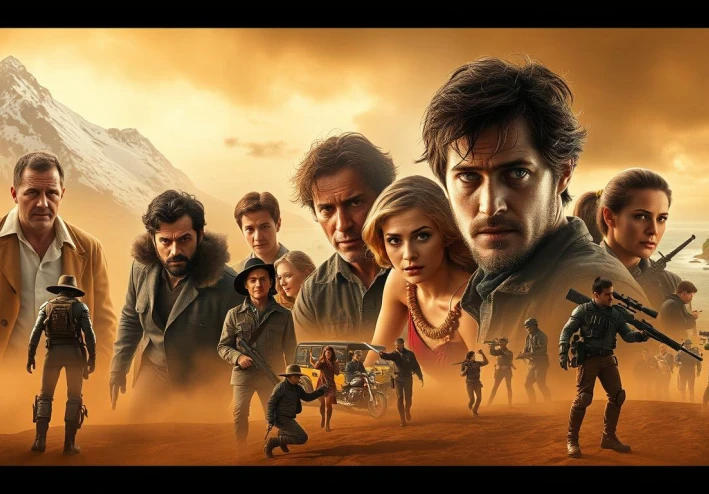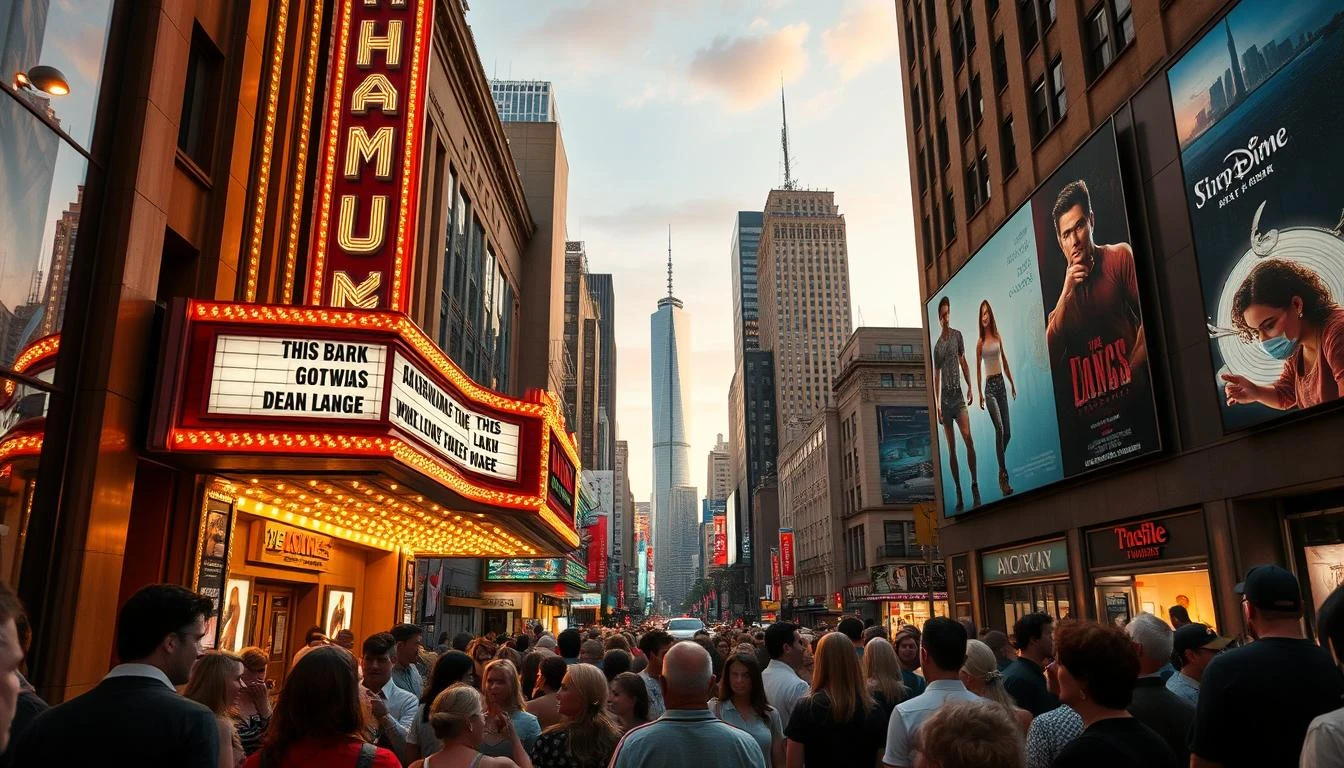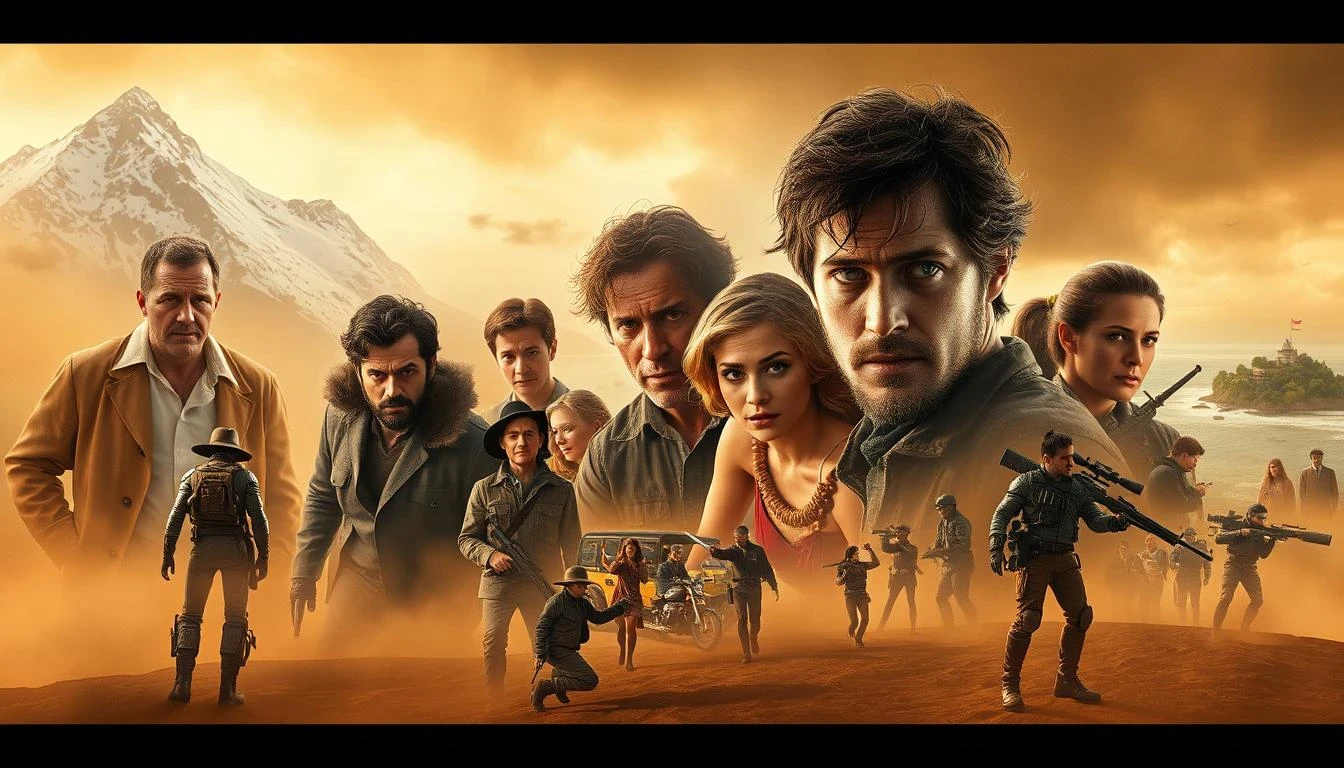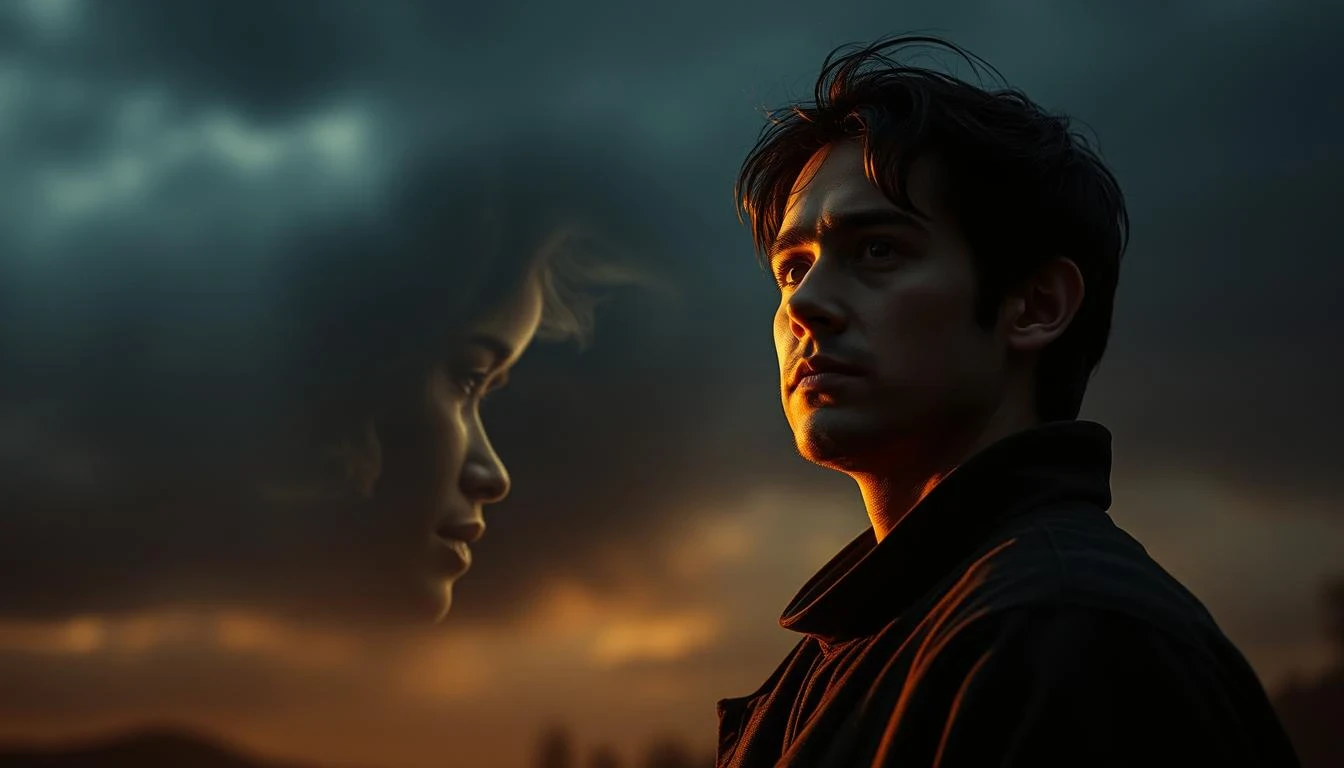
Discover the Compelling Narratives of Iconic Movies
Discover the Compelling Narratives of Iconic Movies
Iconic films have been a big part of our culture for many years. They entertain, inspire, and offer social commentary through stories on screen. Movies like "Casablanca" and "The Godfather" have shaped how we see and feel things. They entertain, inspire, and make us think, showing the power of movies.
From old classics to new hits like "The Avengers" and "The Lord of the Rings," iconic movies tell unforgettable stories. The way movies tell stories has changed, using new tech to pull us in. These films keep inspiring new filmmakers and fans, making them a big part of movie history.

Introduction to Iconic Movies
In this article, we'll explore the world of iconic films. We'll look at what makes their stories so memorable. We'll talk about how movies shape our feelings and thoughts, and how storytelling has grown over time.
Key Takeaways
Iconic movies have been a part of our culture for decades, providing entertainment, inspiration, and social commentary.
Cinematic storytelling has the power to shape our perceptions and emotions, reflecting our society and inspiring new generations.
Movie narratives like "Casablanca" and "The Godfather" have become an integral part of our shared experience.
Iconic films continue to inspire new generations of filmmakers and moviegoers alike.
The art of cinematic storytelling has evolved over the years, incorporating new technologies and techniques.
Iconic movies have given us some of the most unforgettable stories of our time, solidifying their place in the world of cinematic storytelling and movie narratives.
The Evolution of Storytelling in Cinema
Cinematic history has been shaped by the evolution of storytelling in film genres. Filmmakers have always pushed the boundaries of storytelling techniques. From the silent era to today, storytelling has changed a lot. This change is due to new technology and what audiences want to see.
Technology has greatly impacted movie stories. It lets filmmakers make complex, beautiful, and engaging films. Storytelling techniques have grown more advanced. Now, we see many different film genres and ways of telling stories. The golden age of cinema, for example, introduced us to westerns and musicals. These genres still influence movies today.
Some key moments in cinematic storytelling include:
The introduction of sound in the late 1920s, which changed the film industry
The new wave cinema of the 1960s, which brought new storytelling methods
The arrival of digital technology in the 1990s, which allowed for amazing visual effects
As we move forward, it will be interesting to see how filmmakers use new tech and what audiences want. By looking at how film genres and storytelling have evolved, we can understand the history of cinema. This helps us see how it affects movies today.
Elements That Make Movie Stories Unforgettable
Creating an unforgettable movie story involves several key elements. Character development is crucial, making characters believable and relatable. A well-structured plot structure is also vital, as it guides the story's flow. Lastly, dialogue brings characters to life and conveys the story's themes and emotions.
A good movie story balances these elements to keep viewers hooked. Here are some key points to consider:
Character development: giving characters their own unique personalities, motivations, and backstories
Plot structure: creating a clear narrative arc with a beginning, middle, and end
Dialogue: using conversations to reveal character traits, advance the plot, and convey themes
By using these elements, filmmakers can craft movie stories that resonate with audiences. These stories leave a lasting impression. As we explore cinema, we see how these elements come together to create unforgettable tales that captivate and inspire us.
https://youtube.com/watch?v=aiDdRuYMM8A
قصص الافلام: Exploring the World's Greatest Film Narratives
Iconic film stories are a big part of our culture. They show our society, values, and history. Movies like "The Shawshank Redemption," "The Godfather," and "The Wizard of Oz" have changed us.
These iconic film narratives were influenced by cultural influences and revolutionary storytelling. They are timeless stories that grab people's attention everywhere. The time they were made also shaped them, showing what was happening back then.

Characters that we can relate to
Plots that keep us hooked
Cultural references that add meaning
Looking into these great film stories helps us see the power of revolutionary storytelling. It shows how cinema can change how we see the world. The cultural influences in these stories prove that movies can reflect and shape our values.
The Art of Character Development in Iconic Films
Character development is key in iconic films. It lets audiences connect with characters and care about their stories. This happens through complex and relatable characters with deep character arcs and character motivation.
People love characters that change a lot, like in famous movies. The character development process makes characters unique. They have their own personalities, backstories, and reasons for acting.

Some important parts of character development are:
Creating complex and relatable characters
Developing character arcs that drive the story forward
Establishing character motivation that resonates with audiences
By getting good at character development, filmmakers make iconic films. These films have memorable characters, engaging stories, and unique arcs. This is what makes them unforgettable.
How Great Movies Transform Society Through Stories
Movies can change how we think and feel about the world. They can challenge our beliefs and inspire us to make a difference. Through their stories, great films leave a lasting mark on us.
These movies can make us more aware of big issues. They teach us to see things from different points of view. This helps us understand and empathize with others.
A movie's power to change society comes from its ability to shape our views. Films can show us new ways of thinking and challenge what we take for granted. For instance, movies like "To Kill a Mockingbird" and "12 Years a Slave" have made us see racism and inequality in a new light.
"Philadelphia" (1993) raised awareness about HIV/AIDS and discrimination.
"Erin Brockovich" (2000) brought attention to water pollution and its effects on communities.
"The Help" (2011) shed light on the lives of African American maids in the 1960s.
These films show how stories can lead to positive change. They encourage us to strive for a fairer world.
Conclusion: The Enduring Power of Cinematic Storytelling
As our journey through iconic films comes to an end, it's clear that movies are a timeless art. From the silent era to today, telling stories on screen has changed. Yet, its ability to entertain, inspire, and change society has grown.
Iconic films have become a big part of our culture. They help us understand our history, deal with today, and glimpse tomorrow. These films, with their classic tales and new ways of telling stories, keep drawing in viewers worldwide.
Looking forward, movies will keep changing with new tech, genres, and styles. But the core of movies will always be their power to entertain, inspire, and change us. This power will keep captivating us for many years to come.
FAQ
What are the key elements that make movie stories unforgettable?
Unforgettable movie stories have compelling characters, complex plots, and engaging dialogue. These elements blend to create a story that touches audiences deeply. It leaves a lasting impression.
How has the art of storytelling in cinema evolved over time?
Cinema's storytelling art has changed a lot, from silent films to today's stories. Technology has greatly impacted this, allowing for more detailed and immersive films. The way stories are told has also changed, reflecting our society's shifts.
What are some of the world's greatest film narratives?
Iconic films like "The Shawshank Redemption," "The Godfather," and "The Wizard of Oz" stand out. They reflect our culture, history, and innovative storytelling methods.
How do great movies transform society through their stories?
Great movies can change public views, challenge norms, and spark social change. They bring awareness, foster empathy, and encourage action. This makes cinema a powerful force for change.
What role does character development play in iconic films?
Character development is key in iconic films. It lets audiences connect with characters and care about their journeys. Creating complex, relatable characters with deep stories is the art of it.






























